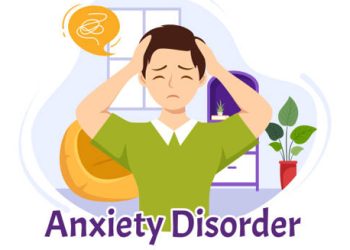Diagnosis of Aphasia
The diagnosis of aphasia involves evaluating a person’s language abilities, cognitive function, and brain imaging results. Early diagnosis allows for better planning of rehabilitation and support services.
Step 1: Medical Evaluation
A neurologist or general practitioner will:
- Take a detailed history (e.g. stroke symptoms, injury timeline)
- Assess other neurological functions (e.g. movement, vision)
Step 2: Language and Cognitive Testing
A speech-language therapist (SLT) plays a central role in diagnosis and recovery. The SLT will test:
- Understanding of spoken and written language
- Verbal expression (naming objects, repeating phrases)
- Reading and writing
- Ability to follow instructions
These assessments help classify the type and severity of aphasia.
Step 3: Brain Imaging
- CT scan or MRI is used to locate and assess brain damage.
- This helps confirm the diagnosis and rule out other causes such as tumours or infections.
Differential Diagnosis of Aphasia
Other conditions can mimic or accompany aphasia:
- Dementia
- Delirium
- Hearing loss
- Psychiatric conditions
In South Africa, speech therapy services are available through both private practices and public hospitals, though access in rural areas may be limited.
Once a diagnosis is made, the next step is rehabilitation and treatment.
👉 [Next: Treatment and Recovery in Aphasia]


